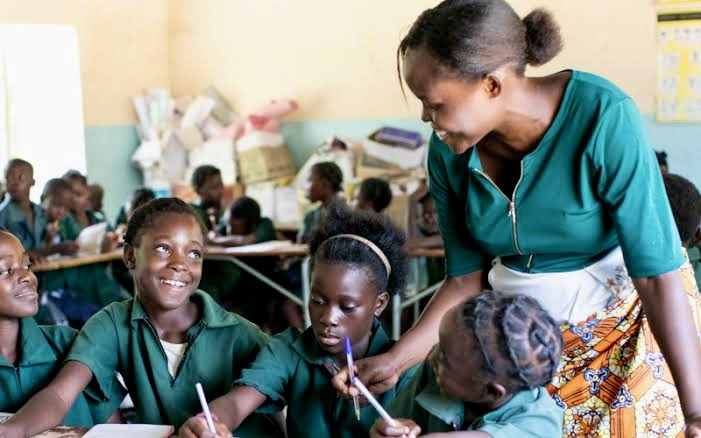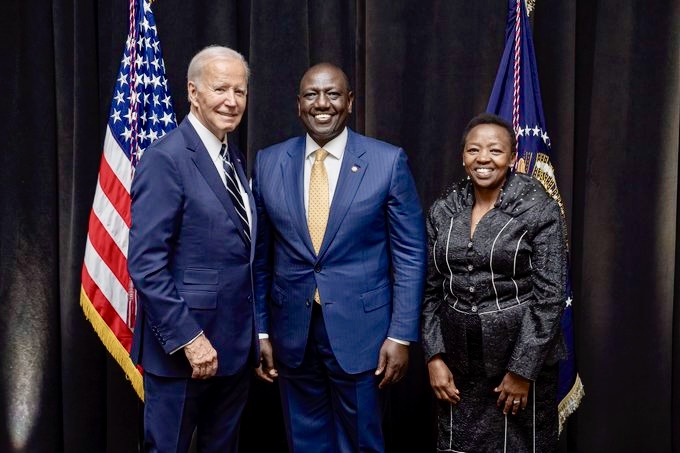
Faith Nyasuguta
The globe needs 44 million more teachers if education is to be provided to every child, new figures from Unesco show.
According to the education and culture agency, 9% of primary school teachers quit the profession in 2022, almost twice the rate of 4.6% in 2015.
Audrey Azoulay, the director-general of Unesco, said: “Teachers play a vital role in our societies, yet this profession is facing a major vocations crisis. Some regions of the world lack candidates. Other regions face a very high dropout rate during the first few years of work. In both cases, the answer is the same: we must better value, better train and better support teachers.”
According to Unesco’s analysis, the shortfall in teachers had been reduced from 69 million in 2016, mostly in southern Asia, where the shortage had almost been halved to 7.8 million.
In sub-Saharan Africa, which accounted for a third of the global teacher shortage, the shortage had only been reduced by 2 million during the same period. The region currently requires 15 million teachers to meet the sustainable development goal of ensuring primary and secondary education for all by 2030.
The report said there were problems globally, including in rich countries, with teachers having to deal with high stress levels, lack of supplies, poor leadership and low salaries.
In Europe and North America, retirement and “a lack of interest in entering the profession” meant that 4.8 million teachers are still needed to “secure quality primary and secondary education”.
In parts of Africa,insecurity has added to school closures, with more than 13,000 schools closed in parts of central and west Africa over the past four years.
Unicef said 25 per cent of Burkina Faso’s schools were closed when the academic year began this week, with fighting in the country preventing a million children and 31,000 teachers going back to school.
John Agbor, Unicef’s representative in Burkina Faso, said: “Having so many children still unable to return to school due to violence and insecurity, and so many schools closed, is very upsetting.”
“We need to continue our work and ensure every child in Burkina Faso can access education and fulfil their dreams in peace and safety.”
RELATED:




